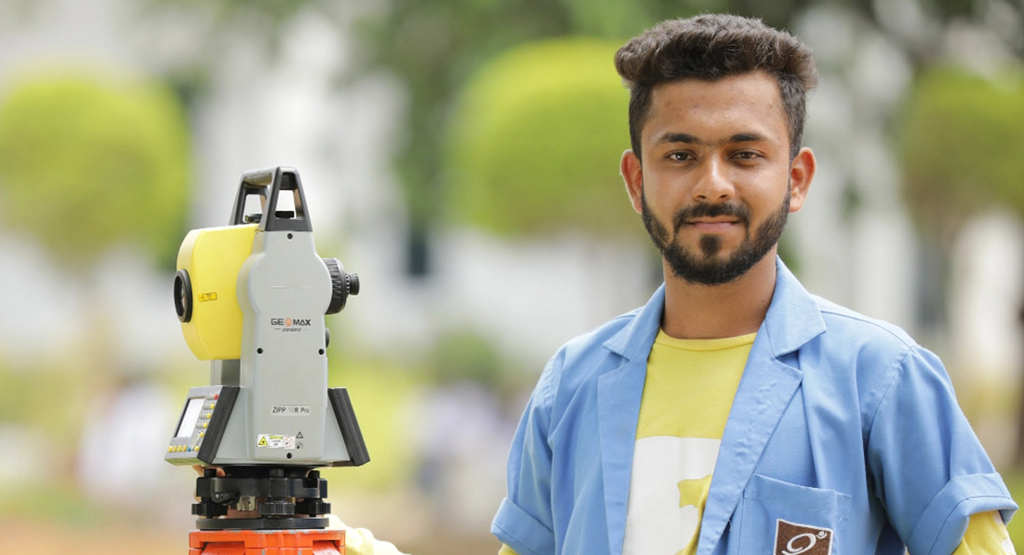Chemical engineering is the analysis or design of chemical processes to convert materials effectively into more useful materials or into energy.
Broad-reaching field that enables the development of products and processes that improve the well-being of humanity and touch every aspect of our lives. The undergraduate program B E in Chemical Engineering builds on the foundation of chemistry, physics, mathematics, and engineering principles.

It i Further, the program expands student expertise in material and energy balances, thermodynamics, fluid mechanics, energy and mass transfer, separations technologies, chemical reaction kinetics, reactor design, and process design. The program prepares the students not only for the tradional careers in the chemical, energy, and oil industries, but also for emerging career opportunities in biotechnology, pharmaceuticals, electronic device fabrication, and environmental engineering industries.